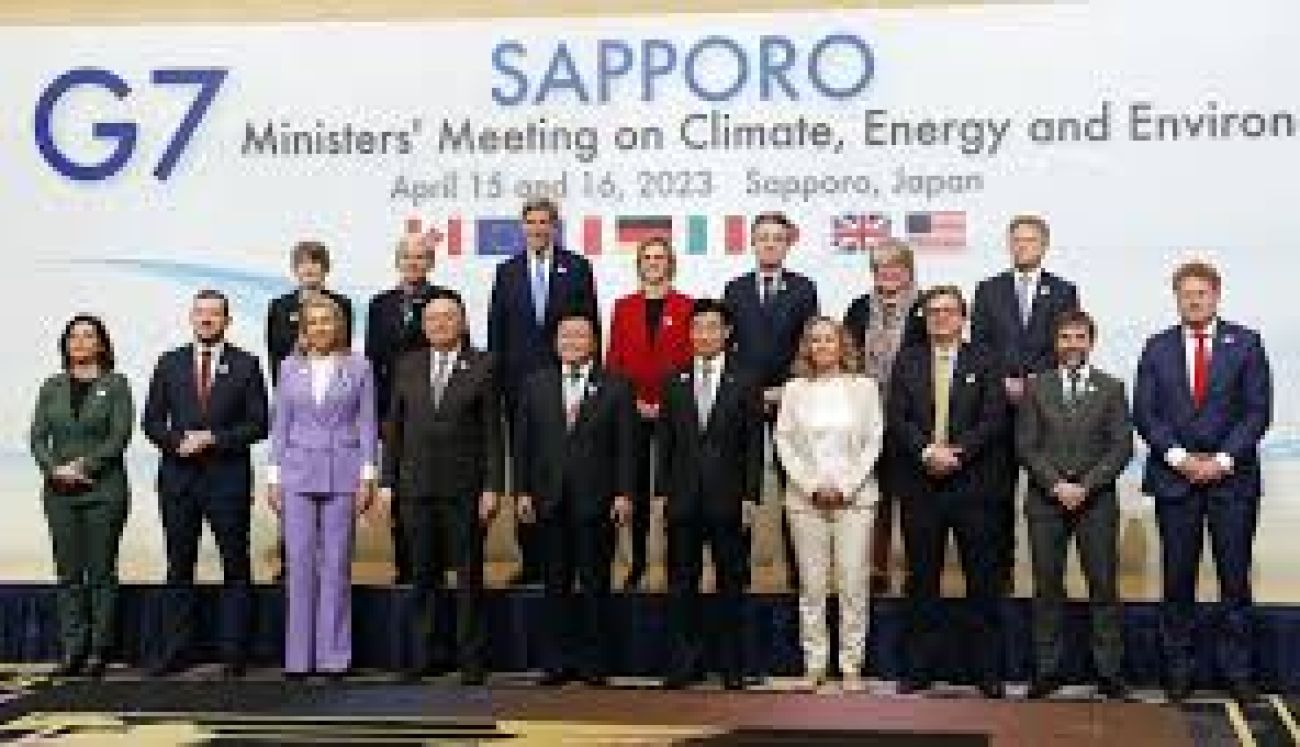
Canada opens G7 Energy and Environment Ministers’ Meeting
The G7 was created 50 years ago with the understanding that economic growth and stability and energy security are rooted in international cooperation. Now, the world is confronting evolving energy and environment challenges — shaped by conflict, geopolitical pressures, climate change and technological disruption. In this critical moment, the G7 must again move swiftly to secure an environmentally sustainable and market-based energy future, and Canada is leading the way.
Today, the Honourable Tim Hodgson, Minister of Energy and Natural Resources, and the Honourable Julie Dabrusin, Minister of Environment and Climate Change, opened the G7 Energy and Environment Ministers’ Meeting in Toronto, Ontario.
Canada is advancing the following energy objectives:
- Building resilient critical minerals supply chains through the Critical Minerals Production Alliance and the Critical Minerals Action Plan.
- Enhancing energy security as an economic necessity and strategic asset, including through modernizing and expanding electricity infrastructure, strengthening natural gas security as we transition toward clean energy, and collaborating on the responsible development of nuclear power.
- Continuing unwavering support for Ukraine as it faces an energy crisis brought on by Russia’s targeted attacks on natural gas and nuclear infrastructure.
- Defining the role of artificial intelligence (AI) in reshaping energy systems, including by ensuring that energy security and AI are mutually reinforced and harnessed responsibly to strengthen G7 Members’ competitiveness as well as energy affordability and reliability.
- Promoting innovation to build sustainable and secure energy systems, including through the advancement of carbon management, battery and AI energy system technologies.
Canada is also moving forward on the following environment objectives:
- Advancing a circular economy in priority sectors such as critical minerals, textiles and plastics.
- Enhancing prediction, preparedness and responses to extreme weather events building from the Kananaskis Wildfire Charter.
- Strengthening international coordination on fresh water and promoting ocean conservation and protection.
Over the two days, discussions will support the development of a shared agenda for action that balances growth, affordability and sustainability, as well as strengthens competitive markets that will catalyze private investment and build stronger and more sustainable economies.

